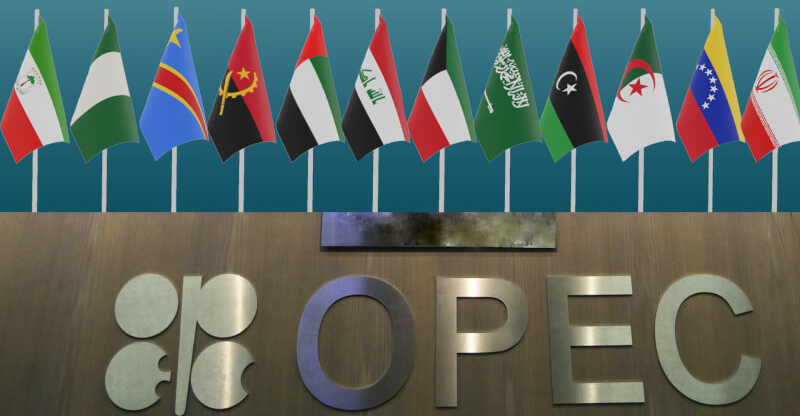It will not reduce Iraq’s deficit and will increase pressures. An expert comments on the OPEC+ decision.
 Economist Ahmed Abd Rabbo confirmed on Monday that OPEC+’s decision to increase production starting next month will not reduce Iraq’s fiscal deficit in the near term, but may even exacerbate financial pressures. He emphasized the need for the Iraqi government to undertake urgent financial and economic reforms to ensure stability .
Economist Ahmed Abd Rabbo confirmed on Monday that OPEC+’s decision to increase production starting next month will not reduce Iraq’s fiscal deficit in the near term, but may even exacerbate financial pressures. He emphasized the need for the Iraqi government to undertake urgent financial and economic reforms to ensure stability .
Speaking to Shafaq News Agency, Abdul Rabbo said, “OPEC+’s decision to increase production by 137,000 barrels per day starting next month reflects the group’s desire to regain some share in the global market, even if it comes at the expense of prices.” He explained that “the economic and financial impact of this decision on Iraq requires careful reading in light of the budget situation and the existing deficit .”
He added, “Iraq currently exports about 3.38 million barrels per day, while the budget was based on 3.5 million barrels per day at a price of $70 per barrel. Brent prices are currently hovering around $65, which is about $5 less than the assumption, which translates into a loss of approximately $6.2 billion annually. In contrast, every increase of 10,000 barrels per day adds only about $237 million annually, which means that Iraq is more sensitive to price changes than to changes in quantity .”
According to him, “Calculations show that Iraq’s fiscal breakeven price is approximately $84 per barrel, which is significantly higher than current levels, which explains the deficit exceeding 7 trillion dinars (more than $5 billion) in the first half of 2025. Therefore, increasing OPEC+ production will not contribute to reducing the fiscal deficit, but may increase it by putting pressure on prices, especially since Iraq has not yet been granted a significant increase in production share .”
The economic expert pointed out that “the resumption of northern exports via the Turkish Ceyhan pipeline, which has resumed pumping about 80,000 barrels per day, could provide a relative respite worth up to $1.9 billion annually at current prices,” indicating that “these quantitative gains may remain limited if the global price declines by even just $2 .”
Regarding the above, Abdul Rabbo stressed that “the expected impact of the OPEC+ decision on Iraq will be neutral to negative financially, unless Iraq achieves an actual increase in its export quota or we witness a sudden improvement in prices .”
He warned that the government should recalibrate its budget based on an oil price below $70, control current spending, and work to diversify revenue sources and boost export capacity to the north. He also noted that adopting a price hedging policy on a portion of exports could provide protection against market fluctuations .
He concluded his remarks by noting that “OPEC+’s decision to increase production will not reduce Iraq’s fiscal deficit in the near term, but may increase pressures, necessitating urgent financial and economic reforms to ensure stability .”
The OPEC+ group announced yesterday, Sunday, that it would increase oil production in October by 137,000 barrels per day .
Since last April, OPEC+ has been gradually ending its production cuts, increasing its production by approximately 2.5 million barrels per day—equivalent to about 2.4% of global demand—in response to US pressure to lower prices .
Despite the increases, prices remained high, near $66 per barrel, supported by Western sanctions on Russia and Iran.
Shafaq.com
